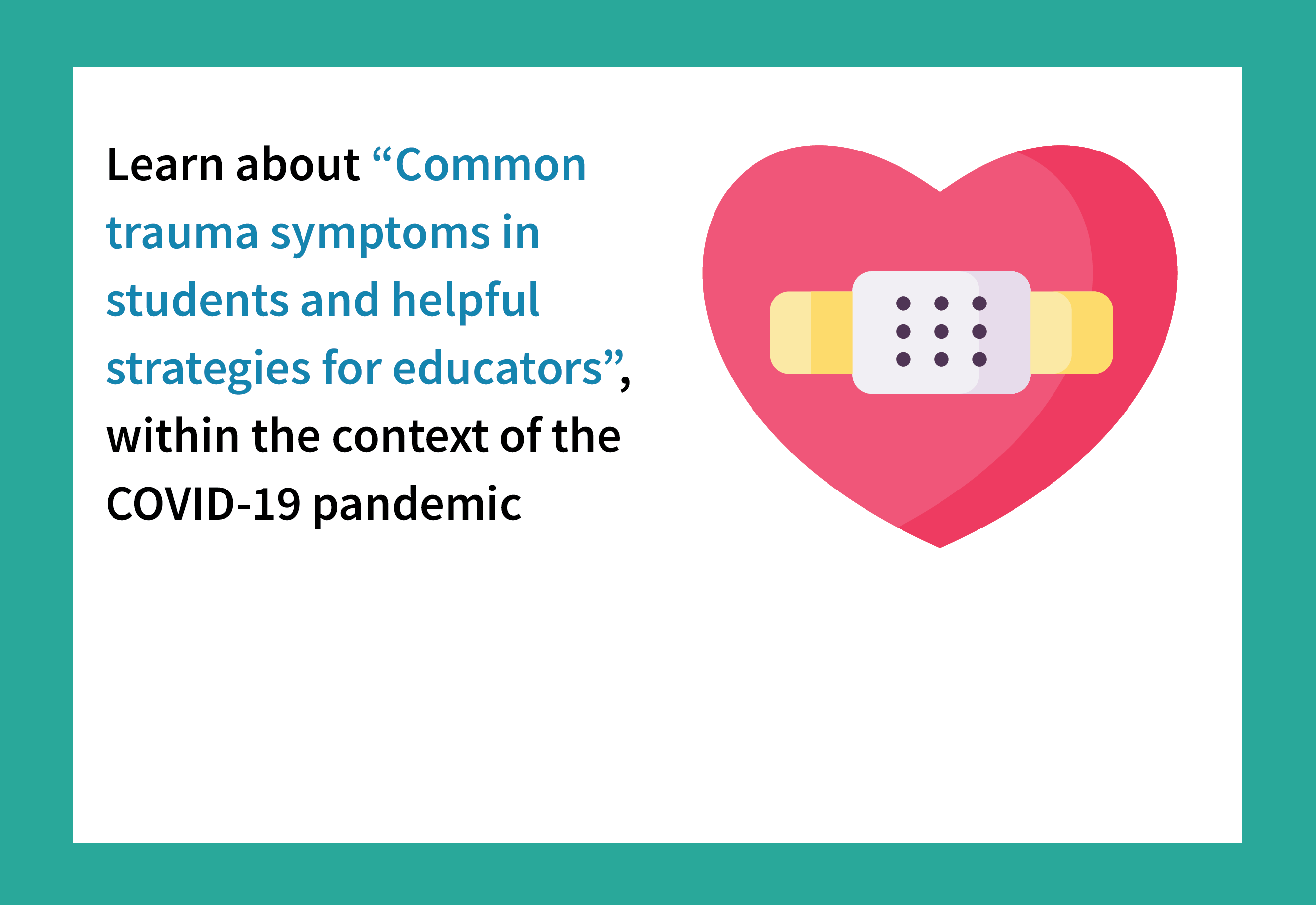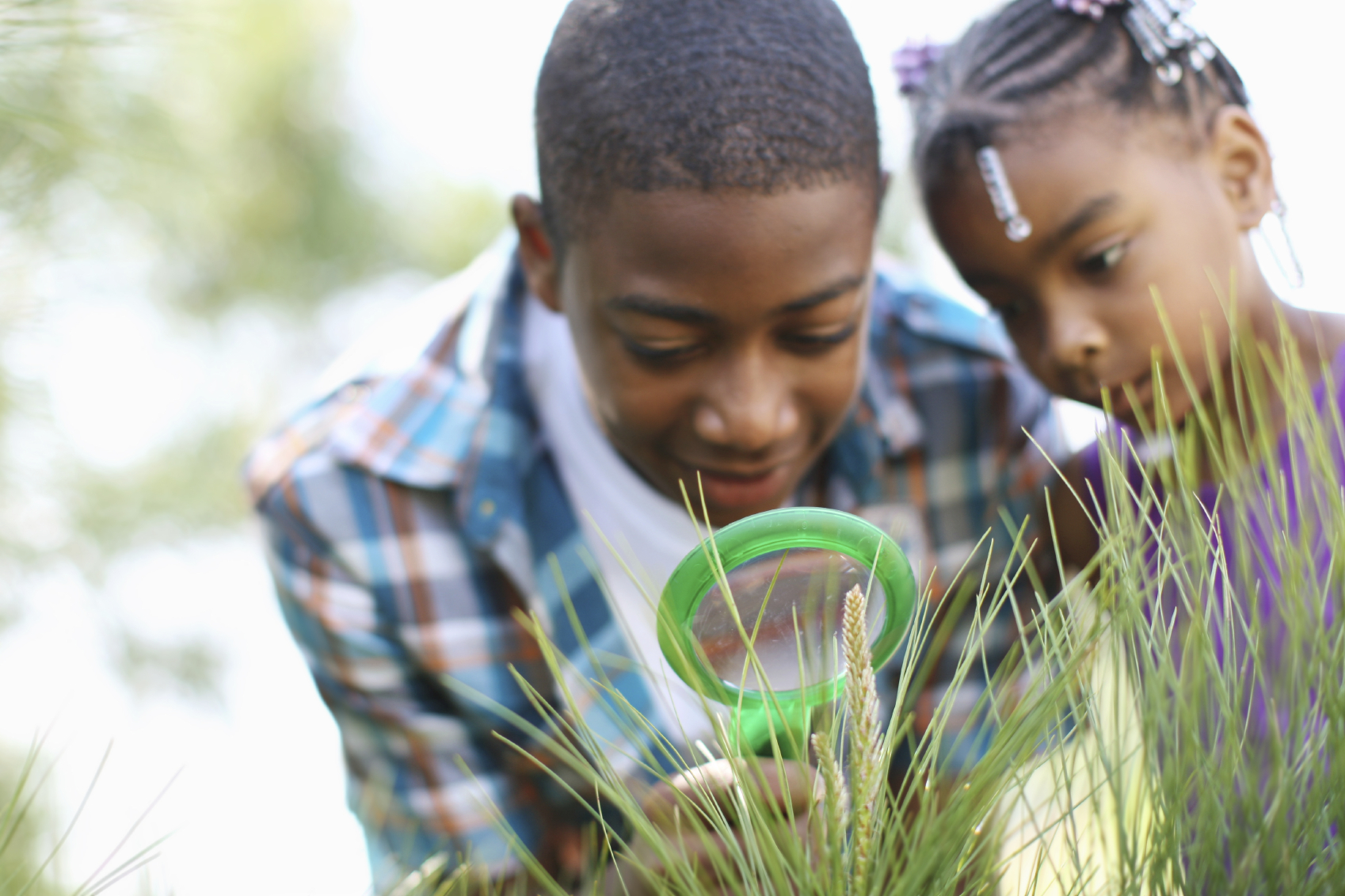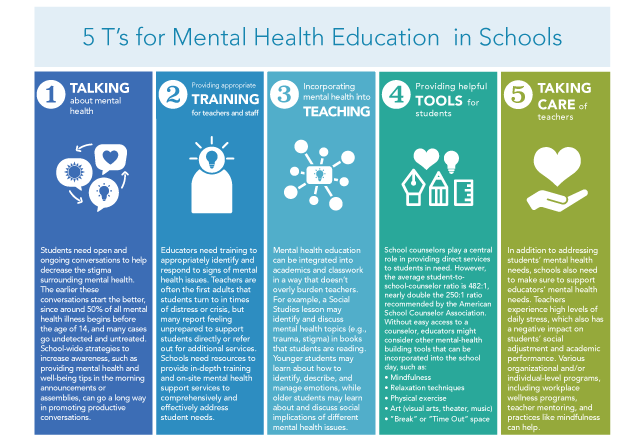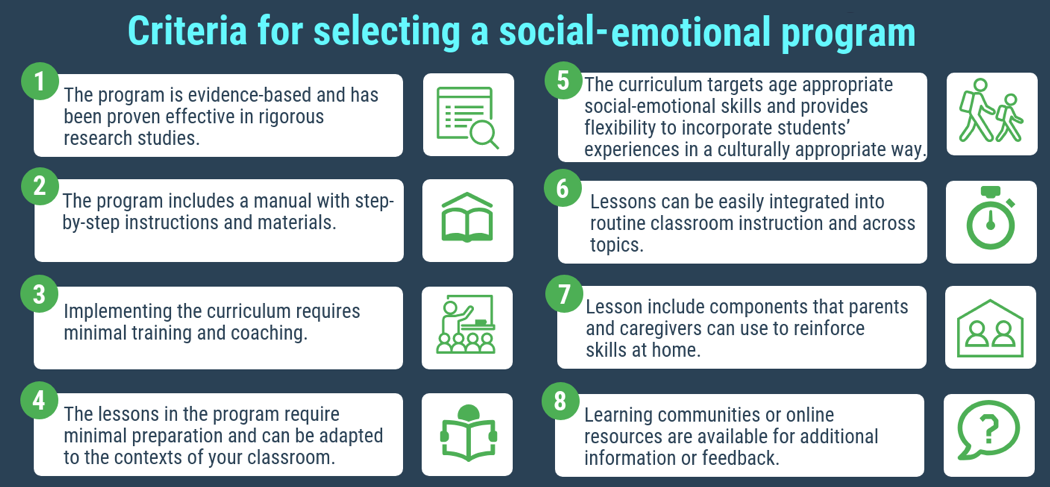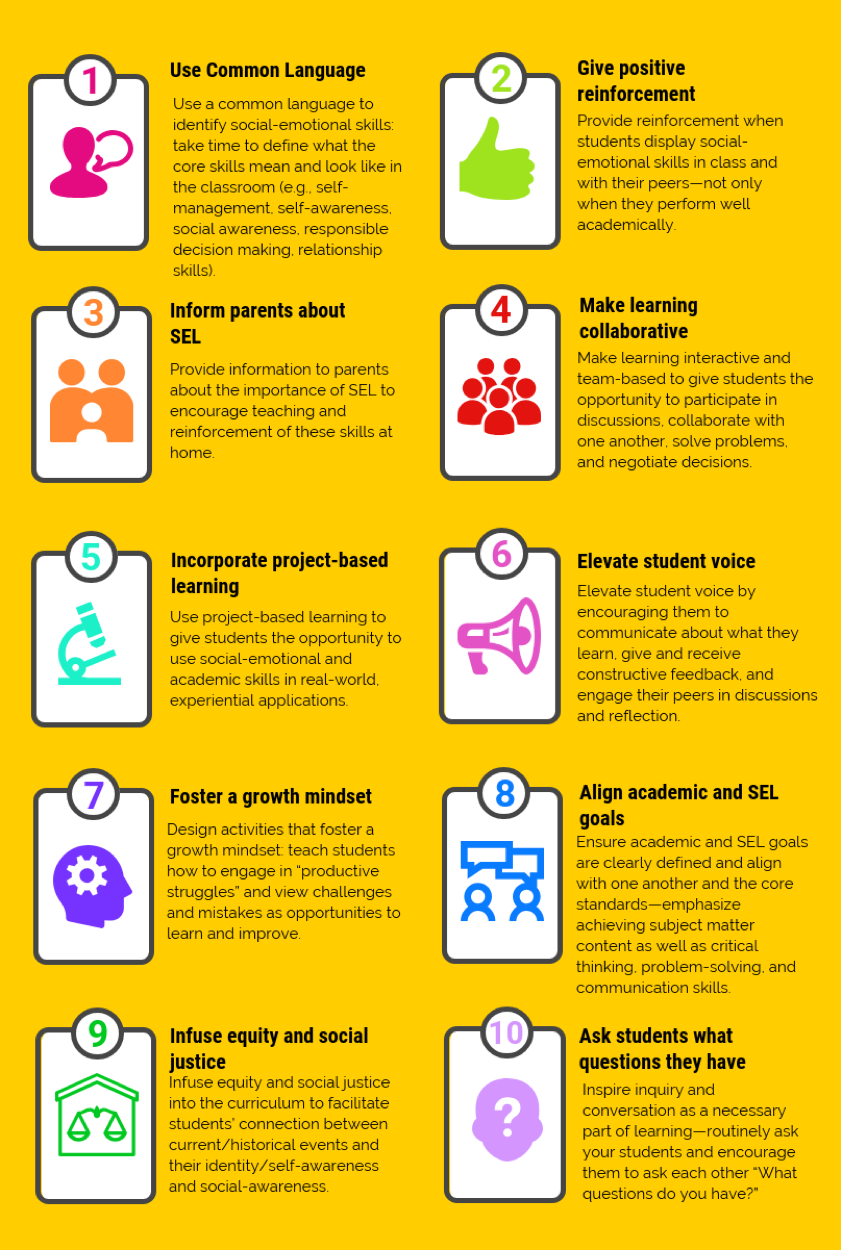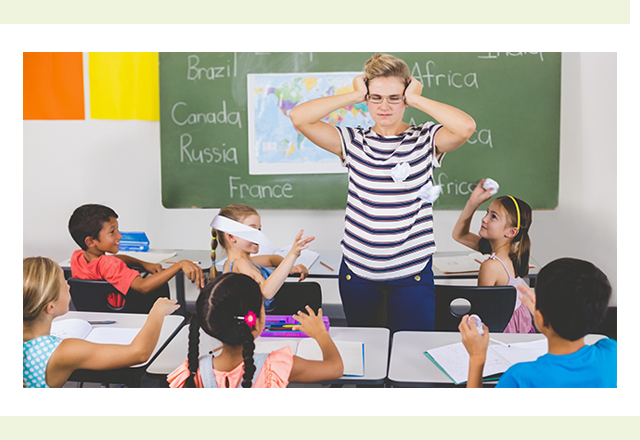This school year has presented many uncertainties for teachers as they continue to navigate virtual, hybrid, and in-person learning environments. Using clear and positive communication can build trusting and supportive teacher-student relationships, especially with students who experience behavioral challenges. But what exactly does effective educator-student communication look like, particularly in a virtual space? Below, we … Continue reading Strategies for communicating effectively with students across learning environments
Measures taken to address the spread of COVID-19, from precautionary social distancing to shelter-in-place orders, have dramatically impacted children and their families. In addition to navigating their own stress during a period of uncertainty and change, parents are faced with addressing the questions and concerns of their children, many of whom are spending significant amounts … Continue reading Maintaining wellness in crisis: Boosting children’s emotional health
Mental health is a critical part of students’ overall health and well-being. Students today face a range of demands that can impact their mental health. From meeting high academic expectations to navigating the world of social media to maintaining relationships with their peers, students often have busy schedules that result in a lack of sleep … Continue reading How can we incorporate mental health education into schools? Consider the 5 T’s.
When you really want to focus on social-emotional learning (SEL): Selecting a standalone SEL program
Standalone social-emotional learning (SEL) programs are helpful tools for teachers who want to build students’ social-emotional skills in the classroom setting. However, it can be challenging to select an appropriate, practical, and effective classroom-wide curriculum that will work for all students. We have simplified the process to help teachers and other practitioners make a well-informed decision.
Although most teachers recognize the importance of teaching social-emotional skills, many are also concerned about having time to fulfill their other responsibilities. Here we highlight one approach to teaching social-emotional skills in the classroom: incorporating social-emotional learning (SEL) into everyday academic instruction.
We were presenting to a group of teachers about our project examining the effects of a group-based intervention for middle schoolers experiencing traumatic stress. I was describing the effects of trauma on students’ academic performance when a teacher stood up and loudly exclaimed, “But what about OUR trauma? Who is helping US?”
To successfully navigate their school and home lives, students need more than just academic skills. Learning social-emotional skills can benefit all students. Social problem-solving is one social-emotional skill that can help all students in a classroom learn to better manage their emotions and behaviors, cooperate and communicate with peers, and make safer, more responsible decisions.


